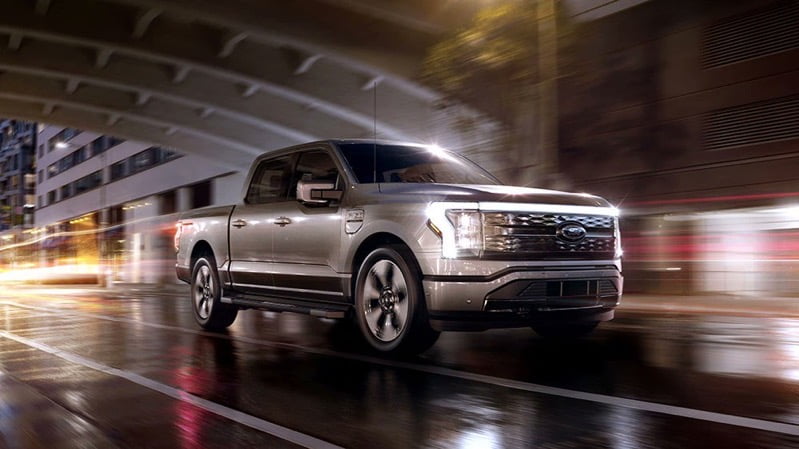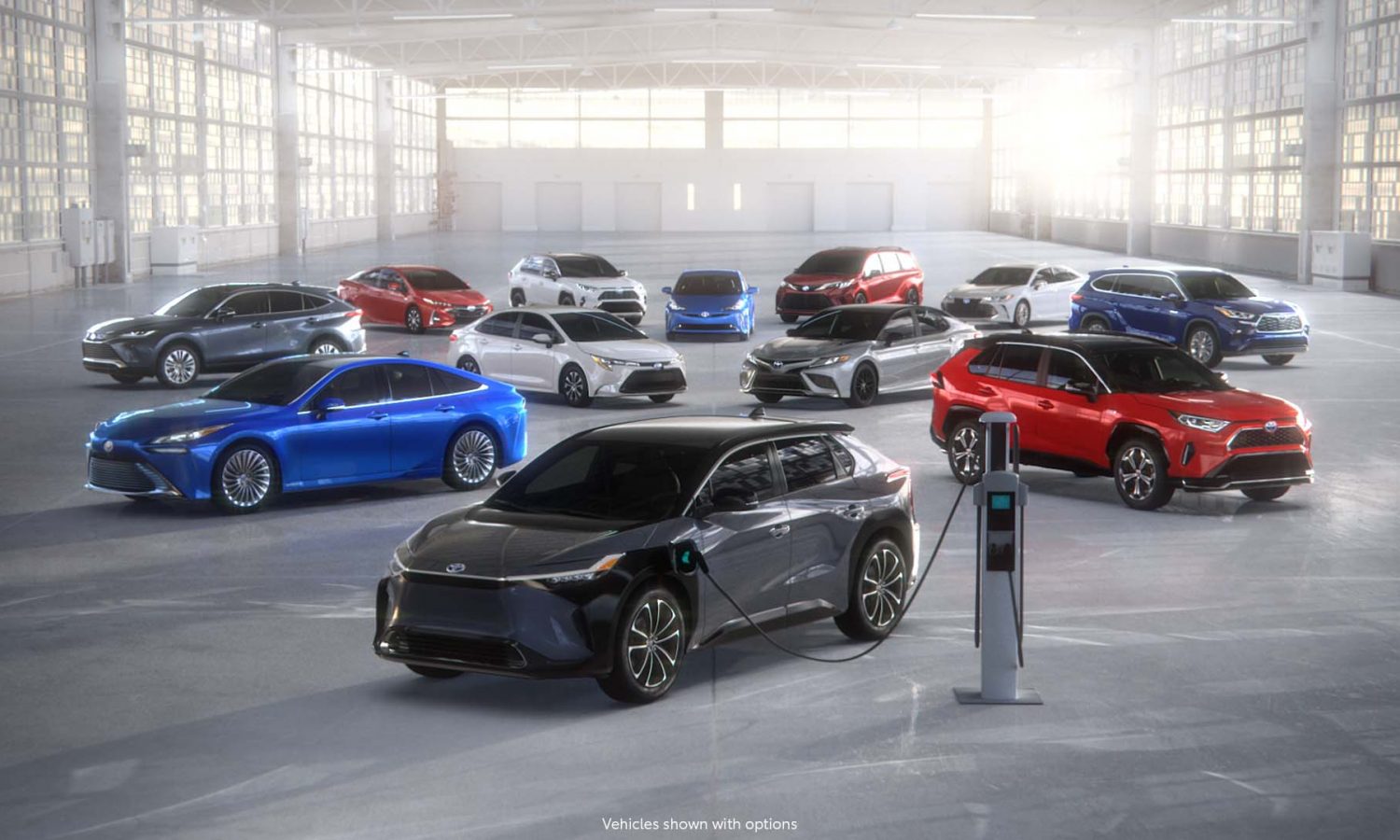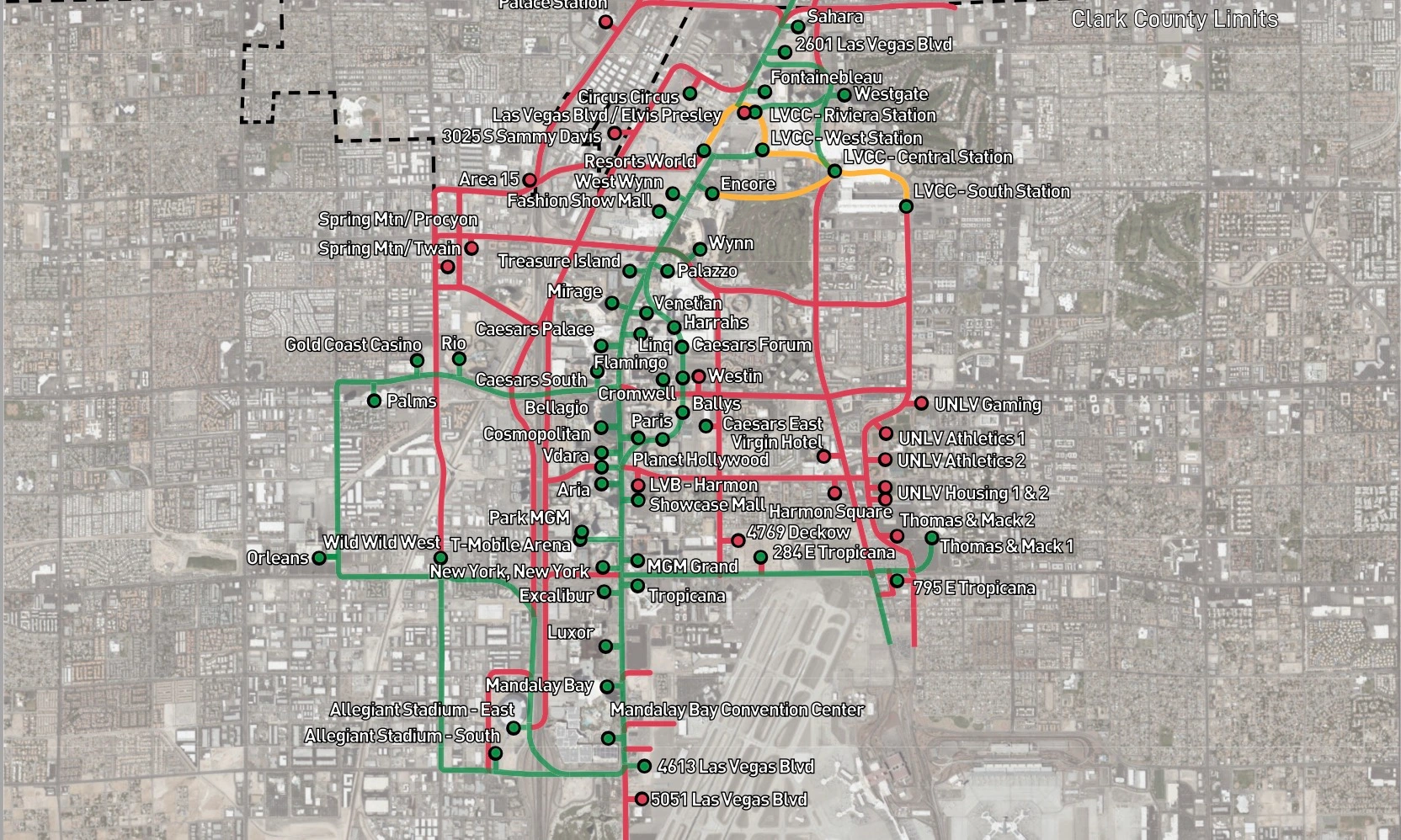
Toyota Plans 30 EV Models by 2030, for Goal of 3.5 Million Sales Per Year

Toyota’s Chief of Global Design, Simon Humphries, said in a recent interview with Automotive News that diversity is the key to Toyota’s new electric vehicle (EV) design strategy and will allow the veteran automaker to achieve its goal of selling 3.5 million all-electric cars by 2030.
“Globally, there is an incredible diversity of customers, and their desires are what we cater to,” Humphries told the publication. “Diversity is a necessity for the future.”
Back in December, Toyota President Akio Toyoda unveiled an impressively divergent lineup of 16 EVs that the company plans on launching in the coming years. By 2030, the company plans to sell a whopping 30 EV models under the Toyota and Lexus umbrellas.
“Some people say Toyota is not interested in EVs — that’s what we hear a lot,” Toyoda said at the time. “But when you think of the volume [of EVs] we are talking about, it’s a huge volume.”
Toyota is quite late to the EV party — the automaker isn’t even due to launch its first all-electric offering, the bZ4X crossover, until later this year.
However, the Japanese company is the world’s biggest automaker and so has the most customers to lose, adding additional pressure to tread the transition carefully. Toyota serves a vast variety of different consumers, so it makes sense that the automaker’s product strategy for electrification would be just as diverse as its customer base.
“It’s down to the market and the customer,” Humphries said. “The important thing is that you’re covering how people expect to use the vehicle. It would be counterproductive to produce 80 cars all looking the same. Diversity is something to be celebrated.”
The Japanese automaker is fully committed to electrification and will spend $70 billion USD by 2030 to make the transition across both the Toyota and Lexus brands. $3.4 billion of that investment will go to EV battery production in the U.S., with one new battery plant set to be built in North Carolina.
Toyota’s plans to flood its markets with a wide variety of EV models are a stark contrast to all-electric automakers like Tesla, which delivered close to one million cars globally last year while only selling a total of four models.

